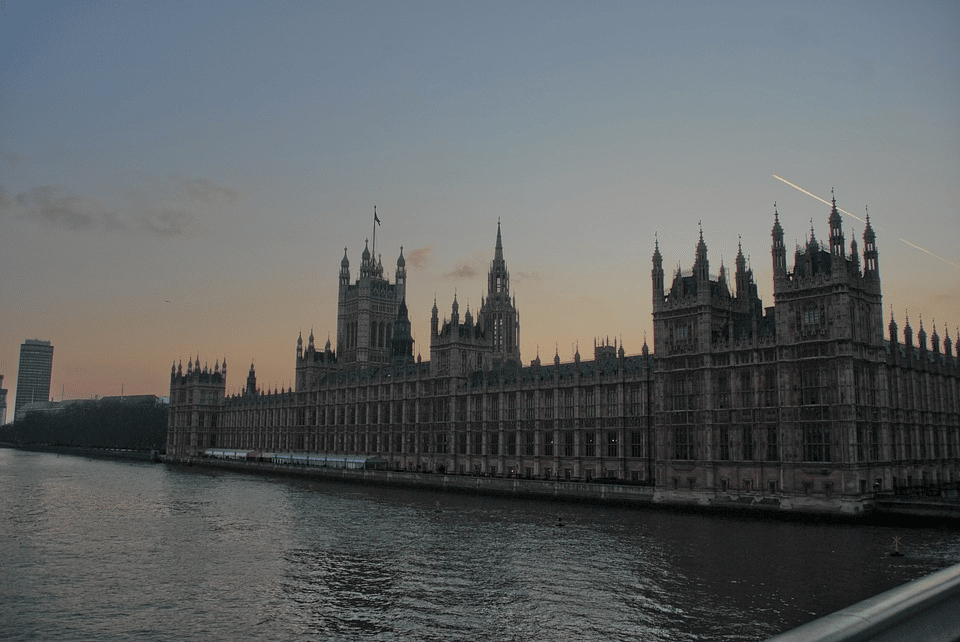
UK To Boost Stablecoin Protections After Terra Setback
The Boris Johnson-led UK government has proposed further protections to prevent the demise of stablecoins. This development comes weeks after the collapse of a key crypto-asset shook the markets to the core.
A government-published consultation paper laid out a regulatory framework for amending current laws to deal with similar risks. One such amendment includes empowering the Bank of England to control the administration of failed stablecoin issuers important to the system.
Despite noting the significance of stablecoins in innovation, the Treasury also acknowledged their ability to have system-wide effects in the event of failure. Therefore, the UK’s Financial Market Infrastructure Special Administration Regime (FMI SAR) becomes the agency tasked with handling the potential systemic shortcomings of digital settlement asset (DSA) firms.
DSAs consist of stablecoin issuers, wallet providers, and third-party payment services. Expanding the core duties of the FMI SAR to include and hawkishly watch the prompt return or transfer of customers’ funds if a DSA company fails.
The Bank of England can now direct administrators and create regulations to provide a resilient backbone to the FMI SAR.
Stakeholders, including individuals and stakeholders are to send in their recommendations on the proposed regulatory changes. The deadline for this is August 2.
What Happened with Terra?
The proposed regulations emerged after the Terra Luna ecosystem turned on its head, maximally diluting investor capital. The terraUSD stablecoin was designed to always be equivalent to $1. Malicious actors exploited structural design flaws within the Terra Luna Classic token and TerraUSD stablecoin, eliciting a death spiral that depegged TerraUSD and made Luna worthless.
Crypto initiates refer to TerraUSD as an “algorithmic” stablecoin, which is a fancy term to say it follows the US Dollar using a blend of computer code and some backing from BTC and other digital tokens.
This is the type of news that ticks off regulators who worry about the risks that stablecoins carry for the broader financial system. The world’s biggest stablecoin, Tether, was viewed with less trust after the collapse of Terra. However, Tether maintains that its token is fully backed by assets held in a reserve. Critics have, however, demanded a full audit – a call that Terra seems to have validated without reserve.
Stablecoin Collapse is a Global Problem
Global regulators are now planning to determine by the end of the year the amount of capital banks should hold to cover crypto assets under their control. Crypto markets move really fast, making it hard for regulators to keep tabs on what’s going on. Many users have recorded extensive losses over the last few weeks.
In June 2021, the Basel Committee on Banking Supervision proposed that banks have enough capital to mitigate losses on any bitcoin holdings in full.
Specific tokenized traditional assets and stablecoins are however, likely to be covered by current capital rules and have the same standing as bonds, commodities, deposits, and loans.
TerraUSD’s collapse cost investors close to $60 billion dollars as they hurriedly jumped off the market in a bank run-like situation.
Continuing, the Basel Committee statement noted that recent developments have shown why there’s a need for a global “minimum prudential framework” to alleviate risks from crypto assets.
The UK Treasury believes that many individuals could be losing access to funds and assets they’re holding as DSAs. This alone is crucial for any proposed regulation. Expanding the FMI SAR’s mandate ensures that administrators will factor in the return of customer funds and private keys, including continuity of service.
What the Experts Think
As always, opinions will be rife and interesting on the UK Treasury’s latest move. eToro crypto advisor, Glen Goodman, describes the proposal as “pretty dramatic.” He says the government has come to terms with the fact that stablecoins have as much systemic importance as banks and should be addressed as special cases, receiving aid where necessary.
While crypto’s mixed fortunes continue, the proposed regulations definitely signal that it’s a new day for digital currencies.







